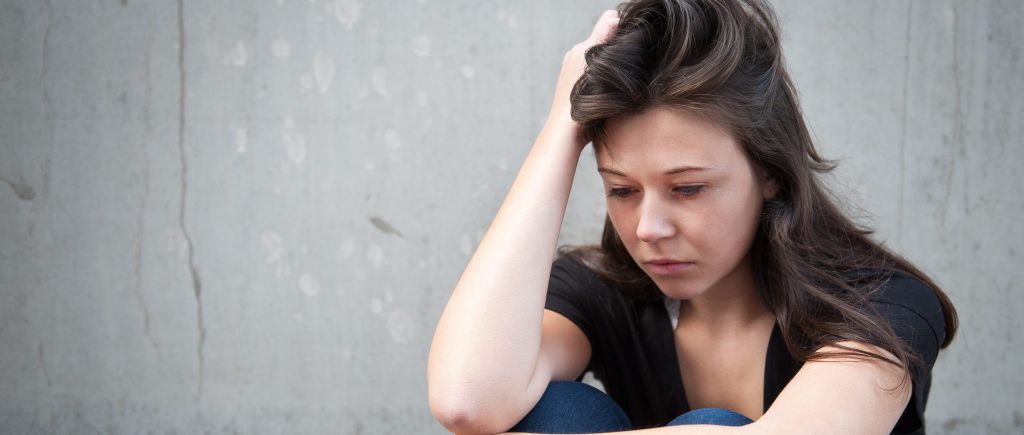Co-occurring disorders: Teens

Teens often exhibit dramatic behavioral changes when they abuse alcohol, drugs, or other substances such as vaping. Typically, adolescents that are addicted to a substance will get into conflicts at school, isolate themselves, act secretively, or show a sudden change in academic achievement. Parents or guardians may notice transformations such as decreased motivation, poor concentration, irritability, and sluggishness. Or maybe, your teen has even come home intoxicated or high. A common fear for parents is that their pre-teen or teen will be exposed to, and start using drugs, alcohol or vaping. Many teenagers abuse substances to manage their stress, anxiety, feelings of boredom, or to fit in and connect with peers who are using. Substance abuse issues in teenagers can lead to issues including addiction, mental health issues, poor academics, legal consequences, and health issues.
Symptoms of addiction or substance use disorder are:
- Taking a substance for a longer amount or more than the recommended amount than prescribed or intended
- A desire to cut down but struggling to do so
- Cravings or urges to use the substance
- The preoccupation of obtaining and using the substance and it interfering with everyday life such as school or family relationships
- Continuing to use, even when there are problems due to use
- Needing more of a substance to get the desired effect (tolerance)
- Experiencing undesired symptoms when cutting back or stopping the substance (withdrawal)
Our therapists can help you and your teen navigate this difficult time. Your teen will become more aware of the consequences of substance abuse and will be taught the skills to cope with life’s stressors in a healthier and safer way.
“What is college going to be like?” “How will I make friends?” “Is the workload going to be overwhelming?”
If these are some of the questions you have been asking as you embark on this next stage of your life, therapy can be a place to discuss, process, and plan for your transition into college. The transition from high school into college is filled with uncertainty about how life will be away from home, living with roommates for the first time, adjusting to a new environment, and adapting to new responsibilities and expectations more independently. Many students experience anxiety in regard to college, especially the first year. Some students find that they feel unprepared for college coursework while other students may worry about how to find their place with new friends. Some areas where therapy may help in both preparing for college or with coping with difficulties while already in college are:
- How to make new friends and develop supports in a brand new environment
- Developing a routine and finding balance with academics, college living, extracurriculars, work, etc.
- Managing stress, anxiety, depression, and other mental health symptoms
- Making healthy decisions in regards to new relationships, partying, drugs and alcohol on campus
- Deciding if college is the right path for my future
- Discussing what major might be the best fit for me
Therapy can help with feeling more prepared for the uncertainty of college, develop the confidence to transition to more independent living, stay on top of a faster-paced workload, and discuss strategies for when feeling overwhelmed. By taking steps to feel more prepared and having the skills to navigate the changes that come with college, you can feel more confident and excited about this major life transition.
Children & Teen Therapy
Schedule a Complimentary 15 Minute Phone Consultation
You can also schedule by:
Phone: (908) 415-2042
